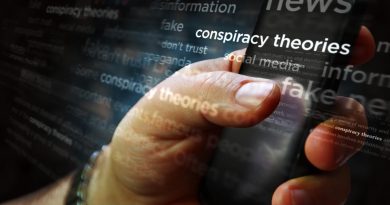New breath test shows promise for rapid COVID-19 detection (By: Stephanie Soucheray, MA)

A new device created by researchers at Washington University in St. Louis can detect SARS-CoV-2 in just one or two breaths and provide results in less than 1 minute. Study results are published in ACS Sensors.
The test could be more accurate than at-home tests and faster than polymerase chain reaction (PCR) or swab-based tests, which can take at least 15 minutes to produce results. The device, created by 3D printers, was tested using eight participants (two negative for COVID-19, six positive as indicated by PCR testing), who breathed two, four, and eight times into a flexible tube.
The breath test provided no false results, with accurate results obtained after two breaths for each participant.
“With this test, there are no nasal swabs and no waiting 15 minutes for results, as with home tests,” said study author Rajan Chakrabarty, PhD, of the McKelvey School of Engineering at Washington University, in a university press release. “A person simply blows into a tube in the device, and an electrochemical biosensor detects whether the virus is there. Results are available in about a minute.”
Technology could be used for other viruses
The technology grew out of tests built to detect amyloid beta and other Alzheimer’s disease–related proteins in the brains of mice.
It’s a bit like a breathalyzer test that an impaired driver might be given.
Using SARS-CoV-2 antibodies from llamas, researchers were able to adapt the test for COVID-19, and they said the test could be easily changed to test for influenza, RSV (respiratory syncytial virus), or even an emerging respiratory pathogen.
“It’s a bit like a breathalyzer test that an impaired driver might be given,” explained study author John Cirrito, PhD.
“For example, if people are in line to enter a hospital, a sports arena or the White House Situation Room, 15-minute nasal swab tests aren’t practical, and PCR tests take even longer. Plus, home tests are about 60% to 70% accurate, and they produce a lot of false negatives. This device will have diagnostic accuracy.”
The test was also able to detect different variants of COVID-19, which could be helpful in predicting and identifying surges within a community, the authors said.
“Importantly, the electrochemical biosensor directly detects the virus itself, as opposed to a surrogate or signature of the virus, and is sensitive to as little as 10 viral particles in a sample,” they concluded in the study.
In the press release, the authors noted that Y2X Life Sciences, a New York–based company, has an exclusive option to license the technology for further development.


